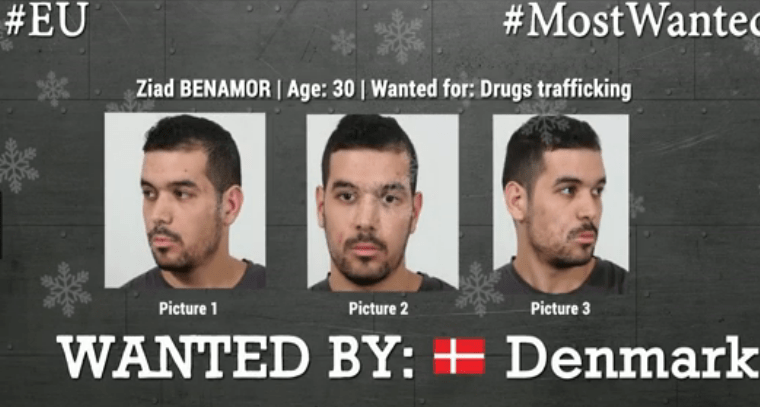A year after Denmark voted ‘no’ in its EU justice opt-out referendum, the country is still waiting for the EU Commission to put together a new deal concerning Europol on the table.
The latest news is that the Danish police will be allowed to search the Europol databases – not directly, but via a liaison officer who will probably be placed in the Hague.
This may considerably slow down police work because Denmark has been using the Europol criminal database, the Europol Information System (EIS), ten times more than other EU member states.
READ MORE: EU Commission: Will be “extremely difficult” for Denmark to continue in Europol
Difficult to fight organised crime
In 2014, the Danish police made over 71,000 searches on EIS. In comparison, their counterparts in Germany accessed the database 63,000 times, while forces in the Netherlands and Sweden both searched under 2,000 times.
“This is not the end but the beginning of a process,” Morten Østergaard, the head of Radikale, told BT.
“We will carefully assess what options Danish police will no longer have and what consequences it will have for organised crime in Denmark, which will be harder to fight.”
READ MORE: Danish police union wants new Europol vote
Europol’s advent calendar
Meanwhile, Europol has released a special advent calendar that – instead of milk chocolates – hides the most wanted fugitives in 23 of the 28 EU member states behind the closed windows.
As unChristmassy as it sounds, there is at least no window for December 24, although King Herod is an obvious candidate.
Today’s surprise is Denmark’s: 30-year-old Ziad Benamor, a dangrous cocaine and MDMA dealer who escaped from a psychiatric hospital and is wanted in Copenhagen.
Number one on the calendar was 60-year-old Austrian Tibor Foco who is wanted for murder.














